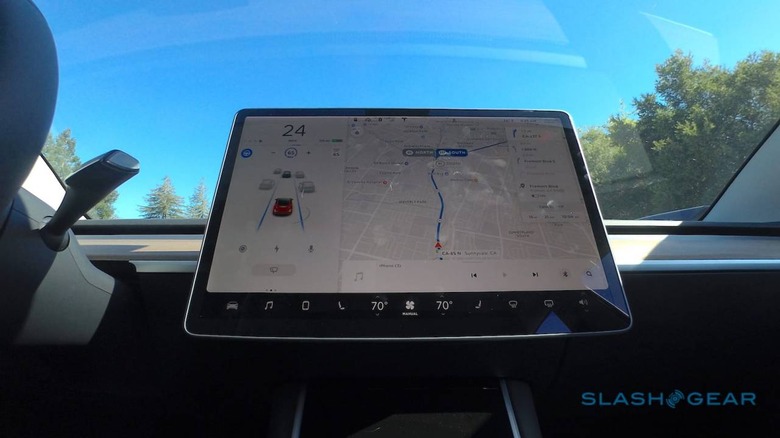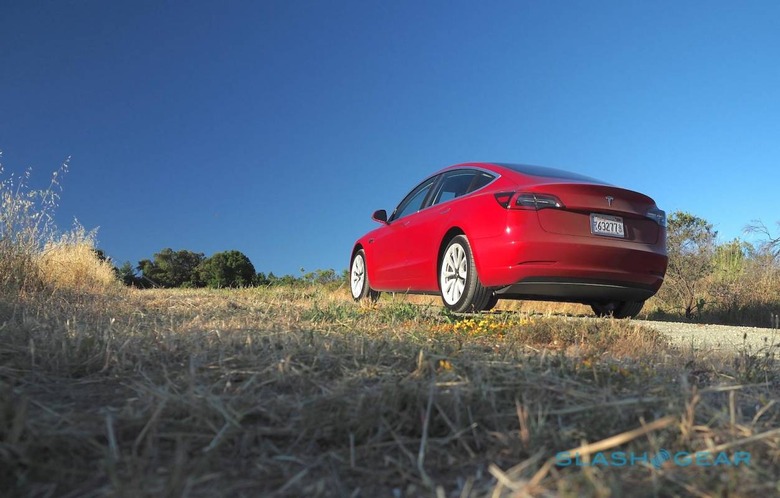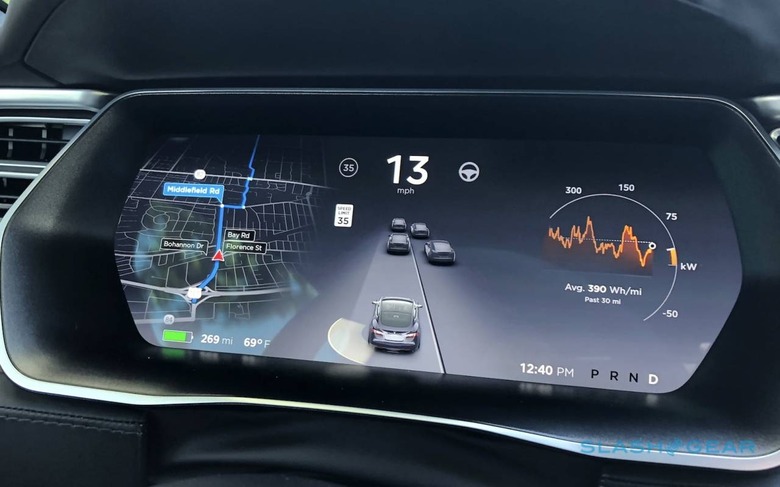Trump's China Tariffs Land Tesla In An Autopilot Nightmare
Tesla faces a tough Autopilot decision, after the US government denied requests to exempt its Full Self-Driving Computer from China tariffs, potentially forcing the automaker to raise prices or dramatically change its supply chain. The EV-maker detailed the Autopilot-enabling hardware at an event earlier this month, as it tried to convince analysts and investors that a truly autonomous Tesla was not only a possibility, but an imminent one.
The advent of the Full Self-Driving computer, or FSD, saw Tesla switch away from third-party chips to silicon of its own design. Two custom processors, among other components, are found inside each computer. They independently combine all of the data from the electric cars' cameras, radar, and other sensors.

Each then works out the situation of the roadway and how best to handle it. Assuming the two agree, the car automatically steers, accelerates, and brakes. Today, that means a combination of lane-keeping, adaptive cruise control, auto-lane-change, and other driver-assistance features; down the line, Tesla CEO Elon Musk promises, the same hardware will be capable of completely controlling the car from end to end.
While Tesla designed the FSD computer's core components, however, it doesn't actually manufacture the overall device. Instead, it has contracted that out to Quanta Computer, a Chinese production behemoth that also makes devices for Apple and others. It's that deal which has put the Autopilot hardware right into the path of the US government's recent tariffs.

The White House imposed tariffs on Chinese imports last year, as part of a move to cut the US trade deficit with the country. A whole host of products, including electronics, found themselves subject to a 25-percent tariff, as the US government tries to compel companies to shift manufacturing locally.
Tesla applied for an exemption, but that was denied, TechCrunch reports. In a letter sent to the United States Trade Representative (USTR) last November, it warned that "the imposed tariffs are forcing us to either source a new supplier, pass the cost increase to the end customer, or reduce operational costs within our internal operations." Tesla also contended that, far from damaging US business prospects, Autopilot contributed to its own overall success as an American company.
As the USTR sees it, however, that argument doesn't hold up. It argues that the FSD computer helps China with the so-called "Made in China 2025" program, the country's endeavor to increase manufacturing complexity and gain a larger foothold when it comes to things like electrified vehicles and robotics.

Tesla's insistence that key components – like the AI chips it designed – are actually manufactured outside of China and only assembled by Quanta fell on deaf ears. Similarly, the USTR proved unmoved by the automaker's claim that it couldn't find a US-based equivalent to do the job. "Tesla was unable to find a manufacturer with the requisite expertise to produce the Autopilot ECU 3.0 with the required specifications, at the volume requested and under the timelines necessary for Tesla's continued growth," it pointed out.
Exactly what Tesla can do next is unclear. On the one hand, it could try to find a non-Chinese replacement to Quanta, though that would undoubtedly be expensive, time-consuming, and not even guaranteed of success. Alternatively, it could swallow the tariffs, either passing on the rise in costs to buyers of its cars, or attempt to absorb them itself.
None of those prospects seem particularly beneficial in terms of Tesla's bottom line, and the automaker can't afford a costly retooling or delays. After reporting losses amounting to more than $700 million in Q1 2019, the company is now trying to raise several billion dollars through a combination of equity and debt.
